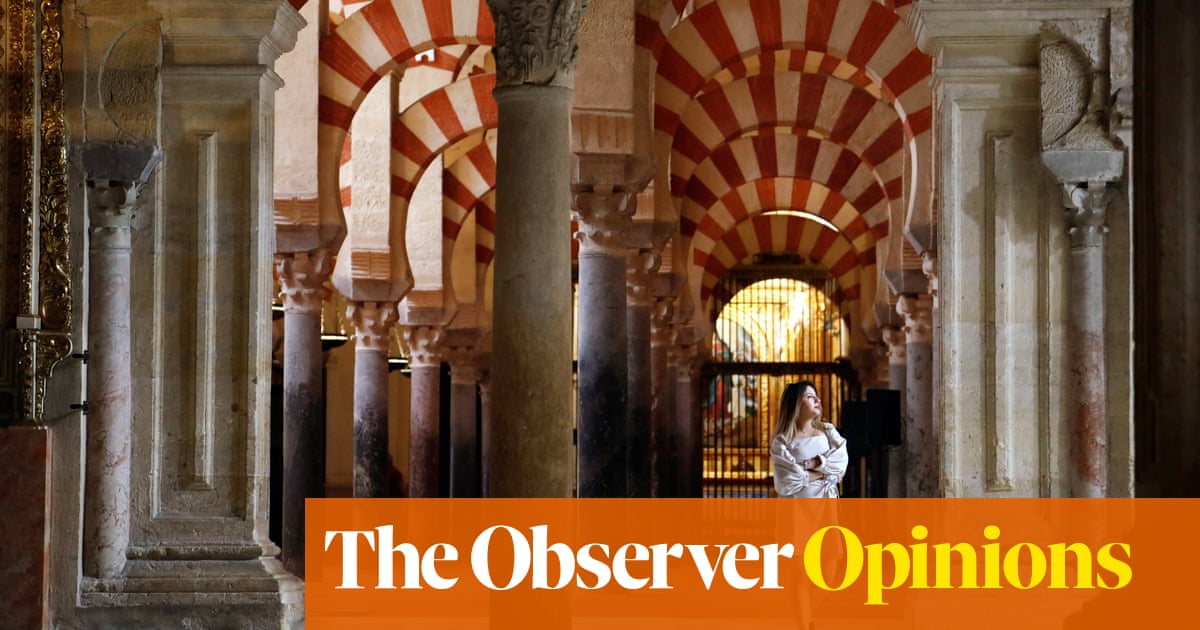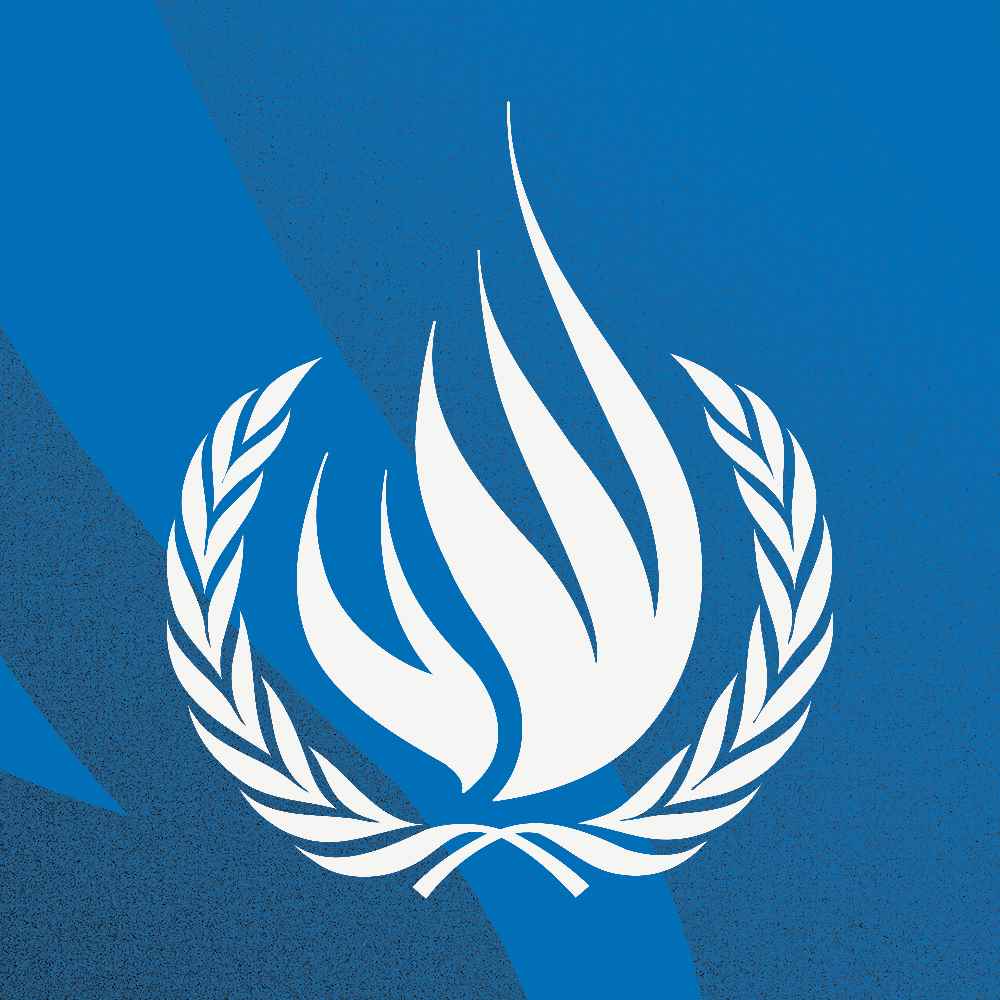
It was actually interesting that Turkish President Recep Tayyip Erdogan exhausted his options in his quest for what is called, in political marketing, “crisis migration strategies.” He drew the attention of Turkey and the world to the issue of the Hagia Sophia by deciding to convert the Byzantine church-turned-museum into a mosque. This decision has been condemned by the world, especially the UN, which issued a statement deploring the move and considering it an illegal one that is a cause for regret.
UNESCO Director-General Audrey Azoulay also informed the Turkish representative that Hagia Sophia is part of the “historic areas of Istanbul” and is officially on its World Heritage List. She described it as an architectural masterpiece and a unique testimony to interactions between Europe and Asia over the centuries. “Its status as a museum reflects the universal nature of its heritage and makes it a powerful symbol for dialogue,” she said.
Erdogan’s move was driven by his greed for jumping over his internal crises, the results of his recklessness in the Syrian and Libyan cases, his support for extremist organizations, exporting terrorists to regions of tension, and the fragility of Turkish diplomacy because of his actions with everyone, including Europe, with which he has no hope for any future ties.
There is much clamor and delusion surrounding the issue of the Hagia Sophia due to Erdogan’s recruitment of certain media — including Al Jazeera and its online sisters — to support his stance, while historical facts and tolerant and moderate Islamic concepts that contradict this behavior are lost. His behavior not only reflects diplomatic recklessness, but is also an affront to the concept of Islam. It incites conflict between civilizations and ignites waves of Islamophobia. It echoes the behavior of extremist and terrorist groups, which employ provocative approaches and play the cards of historical components, monuments, and civilizational issues.
The Hagia Sophia was originally a church and one of the most important icons of Byzantine heritage before it was converted into a mosque by the Ottomans. It was then turned into a museum in the era of Mustafa Kemal Ataturk. Its name means “holy wisdom” in Greek.
Historically, Istanbul’s Hagia Sophia was not the first — there are five Byzantine churches in Turkey dedicated to what is known as the holy wisdom. One of these is in Trabzon, which was inhabited by the Greeks. Over the past decade, four of these churches have been converted into mosques as part of the “political Islam” project of Erdogan and the Justice and Development Party (AKP) to transform Turkey’s cultural identity. This has two main goals, the first of which is to build and restore Erdogan’s image as a leader in the Islamic world following his repeated failures on foreign issues.
The second goal is to get back at the EU and the West following the exposure of Erdogan’s project in the region and his history of supporting terrorism and armed organizations in Syria, and then transferring them to Libya. This has made the notion of joining the EU impossible, especially with French President Emmanuel Macron’s recent statements.
The historical value of Istanbul’s Hagia Sophia is the reason why there is more interest in it than any of the other churches that were converted into mosques. The Hagia Sophia is the most important of these churches. It was built in the 6th century, it is known as the grand old lady of Eastern Christendom, and is referred to as “Istanbul’s domed crown” in Christian literature.
Converting Hagia Sophia into a mosque came about because of an appeal submitted by a nongovernmental organization affiliated with the AKP. This appeal sought to overturn a ruling issued by the Turkish supreme administrative court in 1934 to convert the church into a museum.
As predicted by observers of Erdogan and his project to relaunch a new Ottoman era, the president endorsed the appeal decision, which was preceded by statements he made last year in the midst of building his faltering political image. He said: “It was a big mistake to change Hagia Sophia’s name into a museum.”
A month ago, Erdogan proposed performing Muslim prayers inside Hagia Sophia on July 15 — a sensitive date as it coincides with the anniversary of the 2016 attempted coup d’etat. He wanted to use this to enhance his political image and as part of the Islamist populism he employs to push his agenda.
The Hagia Sophia was not a mosque prior to the Ottoman encroachment upon it. After the Ottomans conquered Istanbul in 1453, Sultan Mehmed II, who was aged 21 at the time, ordered the conversion of the five-centuries-old church into a mosque. He obliterated its ancient civilizational features before Ataturk converted it into a museum, when the famous mosaic of its facade shone for the first time.
Turkey’s economic collapse, the failure of Erdogan’s military endeavors in Syria and Libya, and his catastrophic diplomatic failures badly harmed his image at home, especially after the construction of his 1,100-room palace and news about financial corruption cases that involved some of his family members. This prompted Erdogan to seek a big issue at home and abroad to rebuild his image. He employed ultra-religious and nationalist slogans and antagonized the countries he failed to harm, including Western countries and Saudi Arabia.
According to a report by The Economist, polls show that many people inside Turkey support the conversion of Hagia Sophia into a mosque, especially since Erdogan uses it as a symbol of restoring Ottoman glory, as Islamist propaganda abroad and nationalist propaganda at home. The polls, however, also confirm that the government made this move at this time to divert attention from internal problems, especially economic ones. Some reports also suggest that Erdogan is looking to hold early elections — only two years after the last vote.
Erdogan’s decision seeks to boost nationalism and a sense of belonging not only among his supporters, who are listed as supporters of political Islam, but also the general Turkish conscience, which can be distracted from the political and economic failures by a nationalism file. This is especially the case after the crackdowns on Erdogan’s opponents increased amid the coronavirus pandemic. Three opposition members of parliament were last month arrested on espionage and terrorism charges, and four human rights activists, including two from Amnesty International, were this month sentenced to up to six years in prison.
The authorities also imposed a temporary ban on a number of television channels and closed a university linked to a former prime minister, who is now one of Erdogan’s political opponents. A ban was also imposed on media channels based in Saudi Arabia and other countries.
Soner Cagaptay of the Washington Institute for Near East Policy said that Erdogan is not saving Hagia Sophia, but “he is underlining his commitment to his own revolution — a religious revolution vis-a-vis Ataturk’s revolution — to flood Turkey’s public space, education and government with Erdogan’s conservative brand of Islam.”
The political cost of this decision is high for Erdogan and his party, especially outside the framework of his failed policies — namely in matters related to religious tolerance and dialogue among civilizations. This will pit all Christian communities against Islam, as it is beyond what the Taliban did with the Buddhas of Bamyan or what Daesh did with the Islamic and Christian heritage in Iraq and Syria.
Erdogan, with his extremist project and alliances with terrorists, realizes that the easiest way to deflect attention is to take a step that affects history, civilizations and religions, thus killing two birds with one stone: It provokes wise people and attracts the sympathy of extremists. This duality strikes the two together, as they know he is a troubled personality that cannot be trusted and is not credible.
In my next article, I will review the Islamic religious view of the ideologized tampering in Erdogan’s case, since he is trying to bring Islam’s image into the debate and defend Islam to attract the largest number of supporters.
Youssef Deeni is a political science researcher. Twitter: @aldayni
Disclaimer: Views expressed by writers in this section are their own and do not necessarily reflect Arab News" point-of-view











